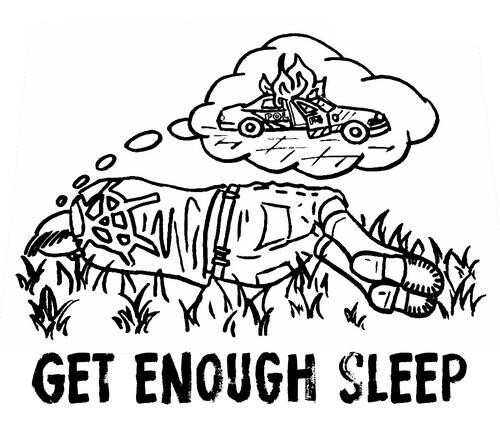Whether reactions to stress are intense or not, you’ve gone through an extreme experience. You’ll help yourself, now and in the future, by taking your recovery seriously. It’s important that we take good care of ourselves and each other: for ourselves, the people around us and the groups that we are part of. Check the tips below to see which ones would suit you. You can rely on things that you already know as beneficial, but you can also experiment with things you usually would do less or not at all.
Stabilize the basics
- get yourself medical care if you need it
- find a safe place with people you trust for the coming days
- make sure you get enough sleep and healthy food, get physical exercise
- routine activities and a daily rythm are really beneficial now!
Make use of the restorative power of nature
- get yourself in touch with nature, for example by going for a walk, working in a garden or spending time with animals/pets
- camomille and passion flower tea are helpful when you experience agitation or sleeping problems
Take some time for yourself
- protect yourself from overstimulation and get some quietness if you need it
- be patient, mild and kind with yourself
Take some time for each other
- find the company of people you trust and who energize you positively
- use the buddy system or affinity groups (even after the events) and regularly check in with each other
- take the time to talk with each other, but also to do fun stuff: give massages, celebrate what has been accomplished, play games, throw a party!
Be creative when processing the experience
- it helps to write down what you’ve experienced and how you’re doing, but you could also process it by drawing, painting, writing poetry, dancing, sculpting…
- making music (or listening to music) is really beneficial
Put your brains to work
- provide yourself with meaningful (and attainable) tasks: the best way to get back in control is to use your problemsolving skills
- start a study, do some course or find another way to learn something new
Remember the good reasons you have to do all this
- reflect on your inner motivation and why it is so important for you to engage in social action
- try mindfulness or meditation exercises
- get hope and trust through a form of spirituality that suits you
Prevention is even better!
- use the tips as described at ‘important for recovery’ not only during crises, but also in your normal daily life. If your basis is stable, you’ll get less out of balance and the impact of events will be smaller.
- be well prepared when participating in an action. Use buddy systems and affinity groups and take the time to discuss each others boundaries before going to an action.
- take conscious decisions before and during actions. Make sure you are well informed and keep your boundaries at that very moment in mind.
- it’s a good habit to not only use a legal team for actions, but also a Support & Recovery team. Contact them in time. The Support & Recovery team can also facilitate trainings, such as an Interrogation Training, a workshop in Mental Resistance during Actions or a workshop on Reactions after High-stress Events.
